

Tourism
The Municipality is endowed with tourist attraction sites like: The Penkwan Forest (Katamanso) where the Katamanso war was fought and the Laaloi beach. If these sites are developed it will generate revenue for the Assembly that will be used for development in the Municipality. The Assembly can consider partnering the private sector and the Ministry of Tourism to develop these sites.
Culture
Culture, is the totality of the way of life evolved by the people through experience and reflection in their attempts to fashion a harmonious co-existence between them and their environment material and non-material. Thus the culture of the people is seen in their way of life, beliefs, values, norms and religion. It is worth noting that since culture is dynamic in nature, some practices of the people have undergone major changes over the years as a result of globalization.
Traditional Setup
The People of Kpone lived peacefully with their chiefs for more than 200 years at Segga until the death of the 9th Chief, Narnor. His successor Angmo Keteku became unpopular and this led to the people leaving Segga to resettle at the present day Kpone about the year 1740 and installed a new chief by Dortey I. Kpone literally means hilly area in the Dangbe language.
Kpone is made up of two quarters namely Jorshie and Alata quarters. Jorshie is made up of seven clans that is Sanshie, Kojo We, Bediako we, Ofosu we, Antie We, Appiah We, and Aklotia We The Alata quarter is made up of Nii Dun We, Adzeman We and Nuerteytse We. The paramount chief rotates among the three royal clans of Jorshie and these clans are Sanshie, Kojo we and Bediako we.
There are three traditional areas in the Municipality, namely, Kpone, Tema and Nungua. However, the major traditional authority in the Municipality is the Kpone Traditional Authority which is headed by the paramount chief who rules with the help of council of elders and divisional chiefs. The traditional council is highly respected, which explains why it has been resilient over the years. The council plays a key role in mobilising the people for communal activities as well as development planning.
It is worth noting that, the traditional authority has been very instrumental in the Municipal Assembly’s development agenda in that, they have released parcels of land for infrastructural development such as schools, police stations, accommodation, clinics etc. Even the land that the Assembly is currently putting up its permanent office accommodation was donated by the traditional council.
The indigenous occupation of the people is fishing and farming. It is however forbidden for fishermen to go to sea on Tuesdays. It is believe that, that day is set aside to allow the fishes to replenish itself and also the fishermen rest on that day to mend their nets and do other things of interest. For the people in Kpone it is forbidden to fry fish caught in the Gao and Lalooi Lagoons.
Ethnic Diversity
The original settlers of the Municipality are the Ga-Dangmes. However, because it is a destination of migrants, several ethnic groups can be found here. The dominant ethnic groups are the Ga-Dangme, Akan and Ewe. Other fairly well represented groups are the Mole-Dagbani and the Guans. The diverse nature of the inhabitants fosters interethnic tolerance and social solidarity that has promoted peace, harmony and development in the Municipality. This has also reduced ethnocentrism.
Communal Spirit
The communal spirit of the people is very high. This is seen especially with the Assembly members in collaboration with the youth who usually organise communal labour and other health related activities. They also pay up levies for purposes of development in their respective communities. Currently, the Japanese Embassy in Ghana is funding the construction of two drain and culverts at Bethlehem that will at the end of the day arrest seasonal flooding in the area. This came about as a result of the community’s initiative and also support from the Assembly.
Religion
According to the 2010 Population Census, majority (88.2%) of the total population in district, are reported to have Christian affiliation (Pentecostal and charismatic, 50.2% protestants, 20.9%, catholic, 7.6% and other Christian, 9.5%). Out of the Christian proportion, Pentecostal formed the majority (50.2 %) in the district. Muslims and traditionalist constituted 7.2% and 0.5 percent respectively. The traditional people of Kpone worship animals like “Aya”, “Klan”, and a war god named “osabu”. They also worship the Gao Lagoon which protects the Kpone Stool lands. It is worth noting that even though the people belong to different religious background, they coexist peacefully and this promotes development in the Municipality.
Festivals
The major traditional festivals celebrated by the people are Homowo and Kplejoo. The word “Homowo” actually means ‘Hooting at hunger’ is celebrated from August to September every year and “Kplejoo” is celebrated between March and April. Traditional oral history describes “Homowo” as long deadly famine that hit the people so many years ago and when the harvest finally arrived and food became plentiful, the people were so happy that they celebrated with a festival that ridiculed hunger. The Kplejoo festival on the other hand is celebrated to reward persons of their deeds in society in the form of praises or insults. The festivals provide an occasion for the gathering together of the Ga-Dangme from every part of the country, where they happen to be temporarily domiciled in order to eat communally together and at the same time to welcome new members of the family while remembering the dead. It is an occasion whereby people come together to develop their community and also settle family disputes. It also brings in investors to promote development.
Participation
Community participation is an active process by which beneficiaries or clients group influence the direction and execution of a development project with a view to enhancing their well-being in terms of income, personal growth, self-reliance or other values they cherish (Paul 1978 cited in skimmar 2008).
The Municipal Assembly in the vein of involving the people in its development agenda, have created platforms like town hall meetings, stakeholders meetings, fee fixing resolution, general assembly meetings just to mention a few to get the involvement and participation of the people in their own development. Other avenues used to involve the people of Kpone-Katamanso in decision making is conducting needs assessments and public hearings that give the people the platform to err their views in their development. These platforms and avenues have been well utilized by the Assembly to ensure that participation by the local people in their development process is well established and their expectations are met.
Date Created : 4/25/2023 7:29:57 AM
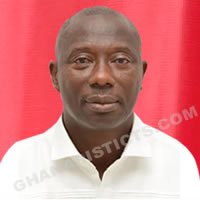

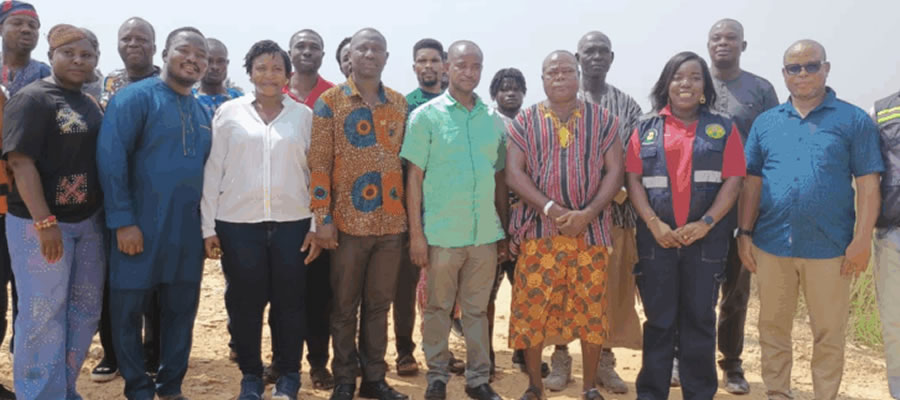
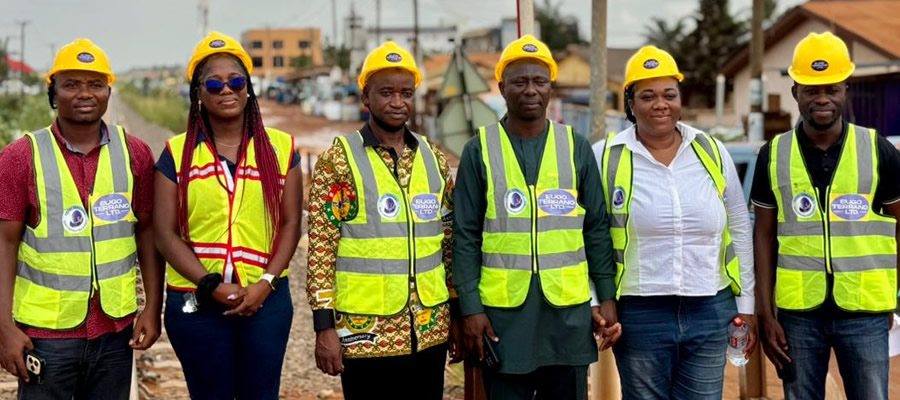
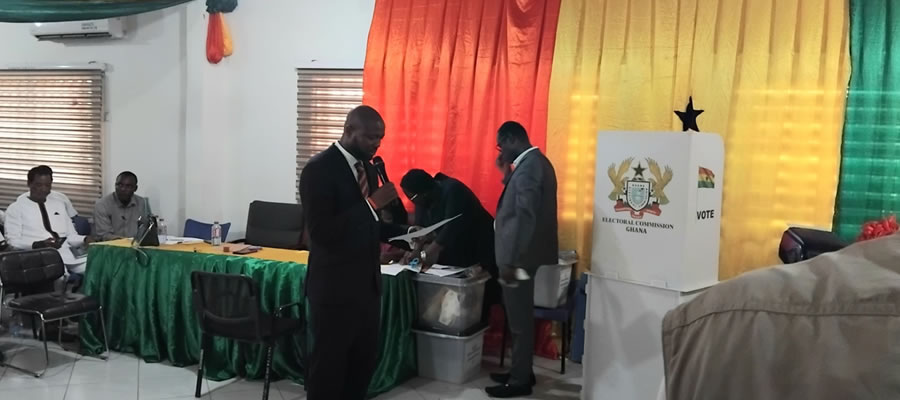
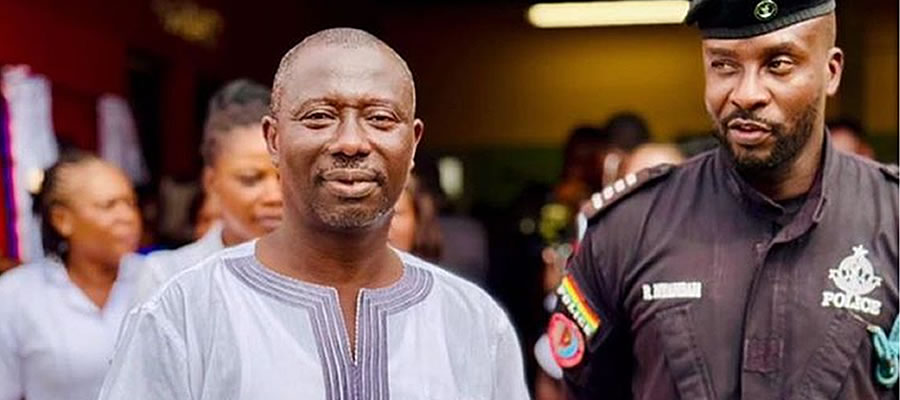
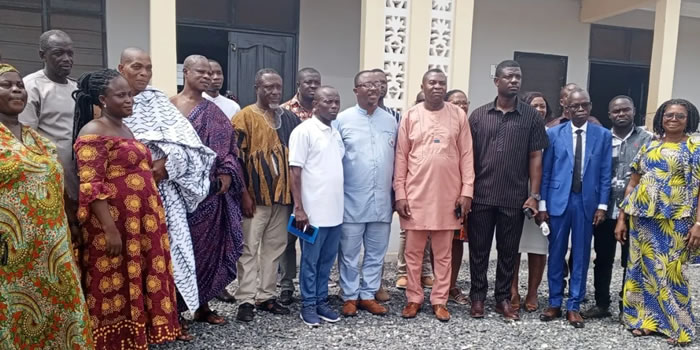





 facebook
facebook
 X
X
 Youtube
Youtube
 instagram
instagram
 +233 593 831 280
+233 593 831 280 0800 430 430
0800 430 430 GPS: GE-231-4383
GPS: GE-231-4383 info@ghanadistricts.com
info@ghanadistricts.com Box GP1044, Accra, Ghana
Box GP1044, Accra, Ghana